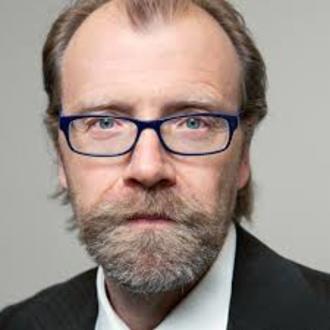Citat
The resistance in the stories is quiet, at a slant, and comes from perhaps the most radical idea of all: that every human being is worthy of attention and that the origins of every good and evil capability of the universe may be found by observing a single, even very humble, person and the turnings of his or her mind.
resistance in the stories is quiet, at a slant, and comes from perhaps the most radical idea of all: that every human being is worthy of attention and that the origins of every good and evil capability of the universe may be found by observing a single, even very humble, person and the turnings of his or her mind.
How are we supposed to be living down here? What were we put here to accomplish? What should we value? What is truth, anyway, and how might we recognize it? How can we feel any peace when some people have everything and others have nothing? How are we supposed to live with joy in a world that seems to want us to love other people but then roughly separates us from them in the end, no matter what?
(You know, those cheerful, Russian kinds of big questions.)
(You know, those cheerful, Russian kinds of big questions.)
Intryck
fb2epub
Dra och släpp dina filer
(upp till fem åt gången)

